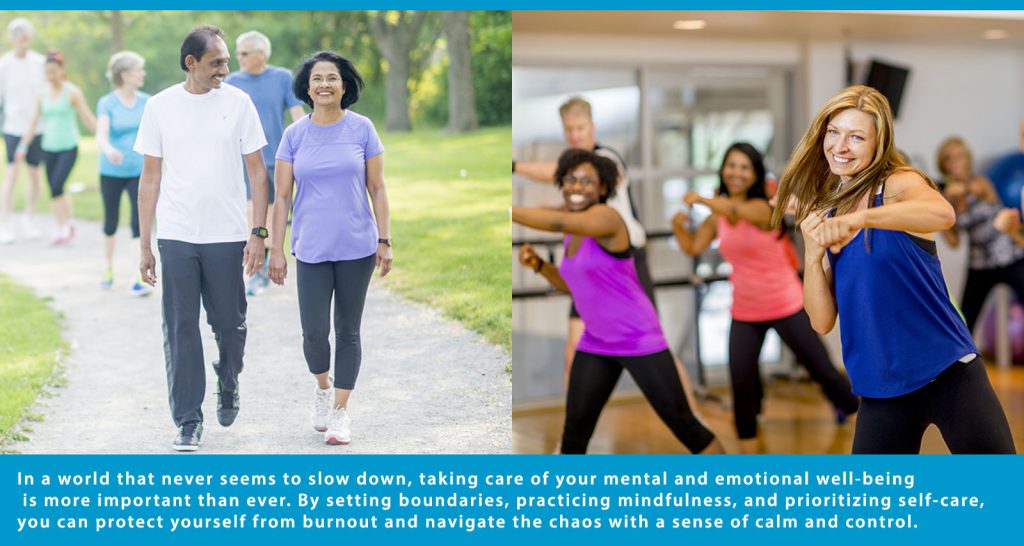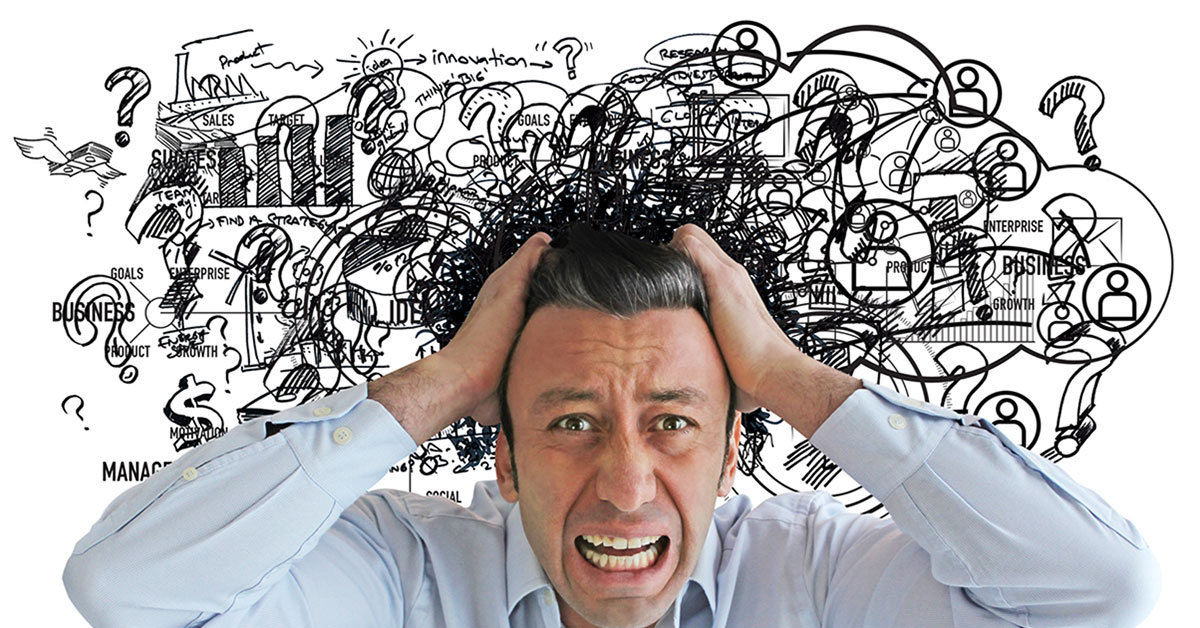How to avoid burnout in a chaotic world.
In a world buzzing with the constant hum of news, social media updates, political debates, and global unrest, it’s easy to feel overwhelmed. The barrage of information can leave us mentally and emotionally drained, leading to burnout. But there are ways to navigate this noise and maintain your well-being. Let’s explore some practical strategies to help you stay grounded.
1. Set Boundaries with Information Intake
In today’s digital age, information is just a tap away. However, too much exposure, especially to distressing news, can heighten anxiety and stress. Consider setting specific times for checking the news or social media. Perhaps limit your exposure to just 15 minutes in the morning and evening. This way, you stay informed without letting the constant influx of information dominate your day.1
2. Curate Your News Sources
Not all news sources are created equally. To avoid feeling overwhelmed, choose reliable, balanced sources of information. It’s tempting to scroll through social media or click on sensational headlines, but these can often contribute to a heightened sense of anxiety. Instead, focus on quality over quantity. Consider subscribing to a newsletter or podcast that delivers thoughtful analysis rather than sensationalism.2
3. Practice Mindful Consumption
When you do engage with news or social media, do so mindfully. Take note of how you feel before, during, and after consuming content. If certain topics or platforms consistently leave you feeling anxious or angry, it may be time to reevaluate their place in your life. Mindful consumption also means engaging with content that uplifts you – whether that’s following positive accounts or reading articles that offer hope and solutions.3
4. Engage in Grounding Activities
To combat the mental toll of a chaotic world, engage in activities that ground you. This could be as simple as going for a walk in nature, practicing yoga, or spending time with loved ones. Activities that connect you to the present moment can help you regain a sense of control and calm, countering the effects of external stressors. ⁴
5. Focus on What You Can Control
It’s easy to feel powerless in the face of global events but focusing on what you can control can provide a sense of purpose. This could be something as personal as maintaining your health, contributing to your community, or acting on issues that matter to you. By focusing on your sphere of influence, you can channel your energy into positive, meaningful actions. ⁵

6. Cultivate a Supportive Community
Isolation can amplify feelings of stress and anxiety. Surround yourself with a supportive community – whether that’s friends, family, or like-minded individuals online. Sharing your thoughts and concerns with others can provide relief and perspective, helping you feel less alone in navigating the world’s complexities.2
7. Prioritize Rest and Self-Care
In times of heightened stress, self-care isn’t just a luxury; it’s a necessity. Make time for rest, whether that’s getting a good night’s sleep, taking a relaxing bath, or indulging in a hobby you love. Regular self-care practices replenish your energy and resilience, making it easier to cope with external pressures.3
8. Disconnect to Reconnect
Finally, don’t be afraid to unplug. Take regular breaks from screens and digital devices to reconnect with yourself and the world around you. Whether it’s a weekend digital detox or simply turning off notifications during meals, these moments of disconnection can be incredibly restorative.1
©2024HealthSpot References: (1) American Psychological Association. (2023). Stress in America: The State of Our Mental Health. Retrieved from https://www.apa.org/news/press/releases/stress/2023/news-media (2) Pew Research Center. (2023). Social Media Use and Its Impact. Retrieved from https://www.pewresearch.org/2023/02/15/social-media-use-and-its-impact/ (3) Mayo Clinic. (2024). Mindfulness Meditation: What It Is and How It Works. Retrieved from https://www.mayoclinic.org/tests-procedures/meditation/about/pac-20385047 (4) World Health Organization. (2024). Mental Health: Strengthening Our Response. Retrieved from https://www.who.int/news-room/fact-sheets/detail/mental-health-strengthening-our-response (5) Journal of Social and Personal Relationships. (2023). Social Support and Mental Health. Retrieved from https://journals.sagepub.com/home/spr

